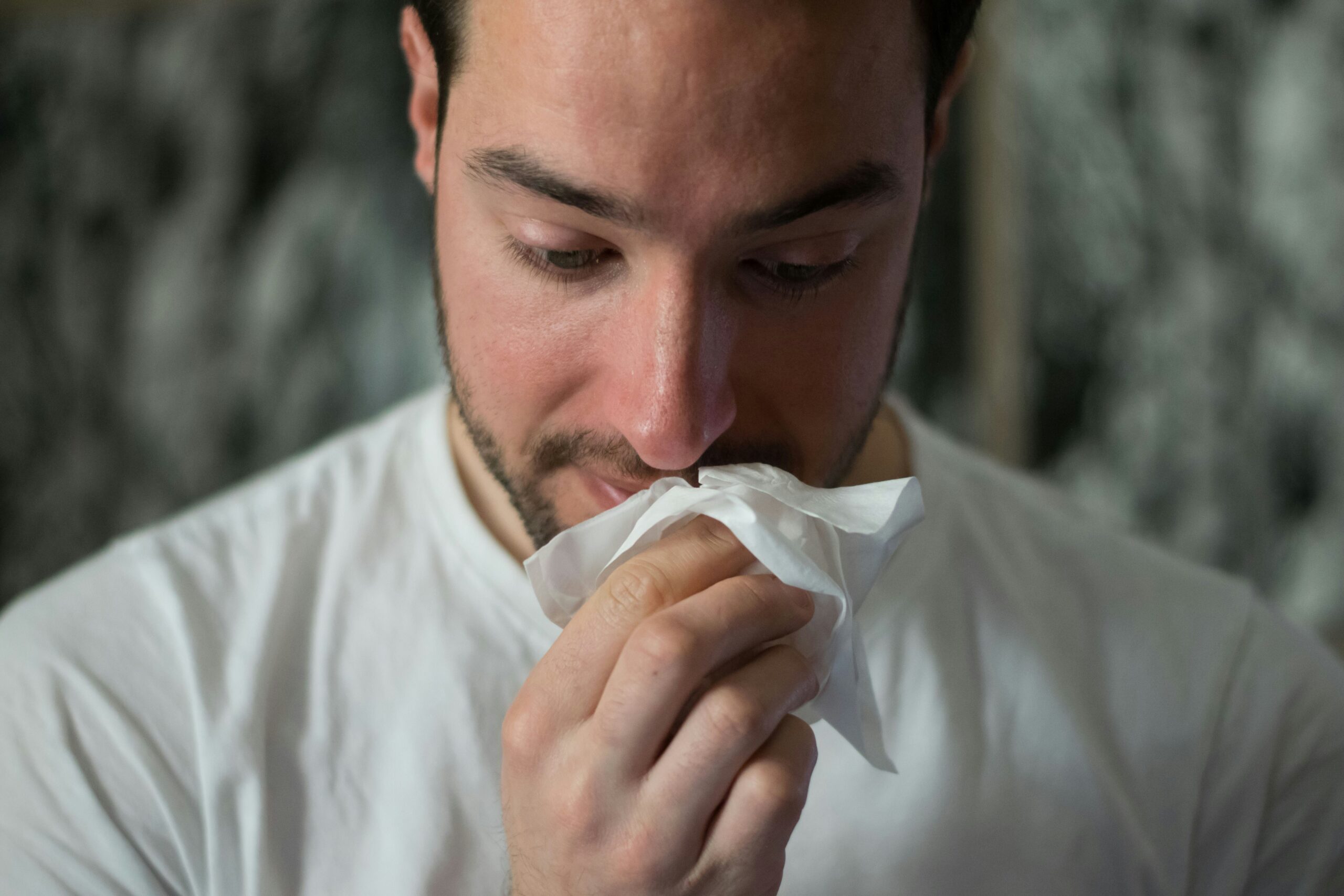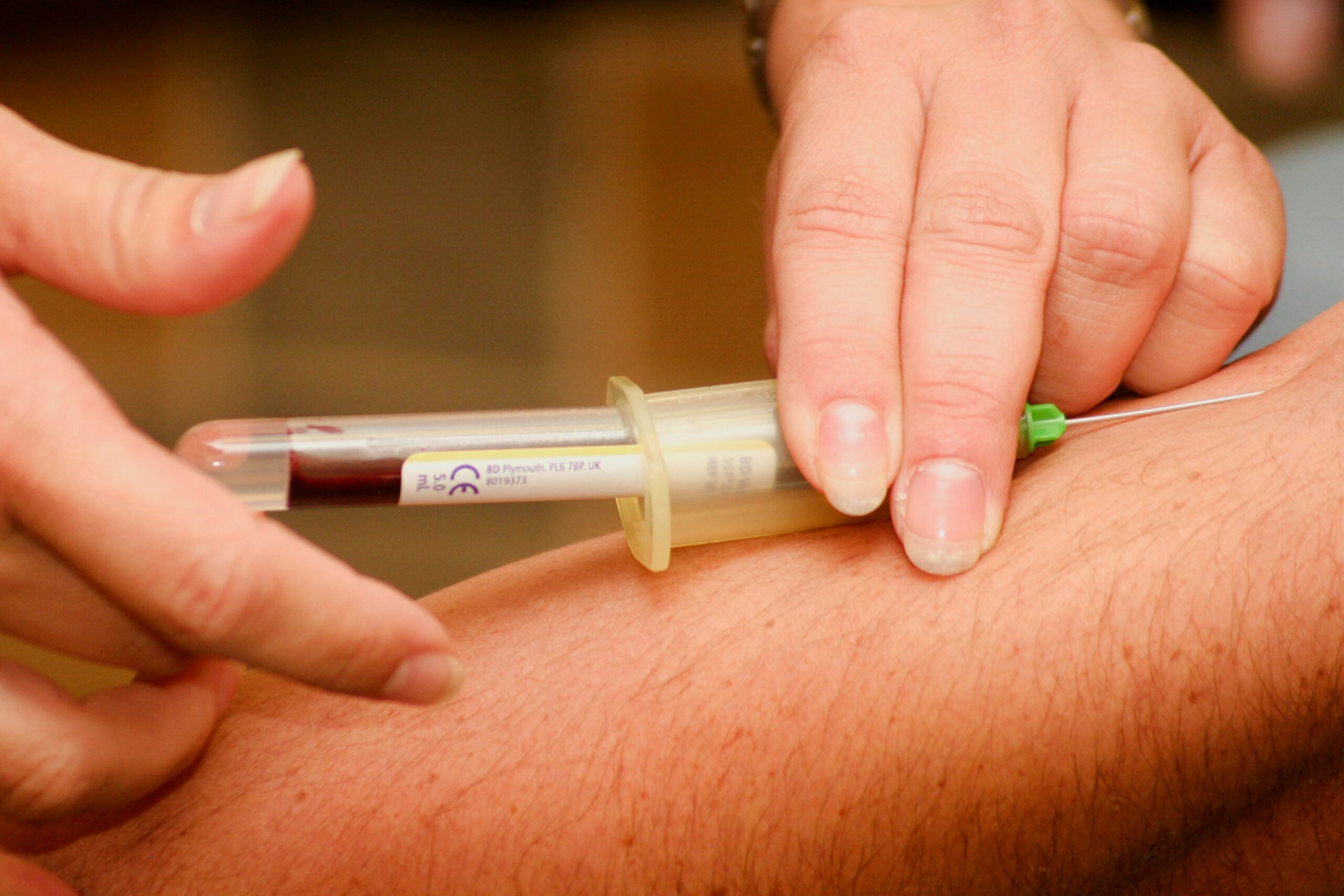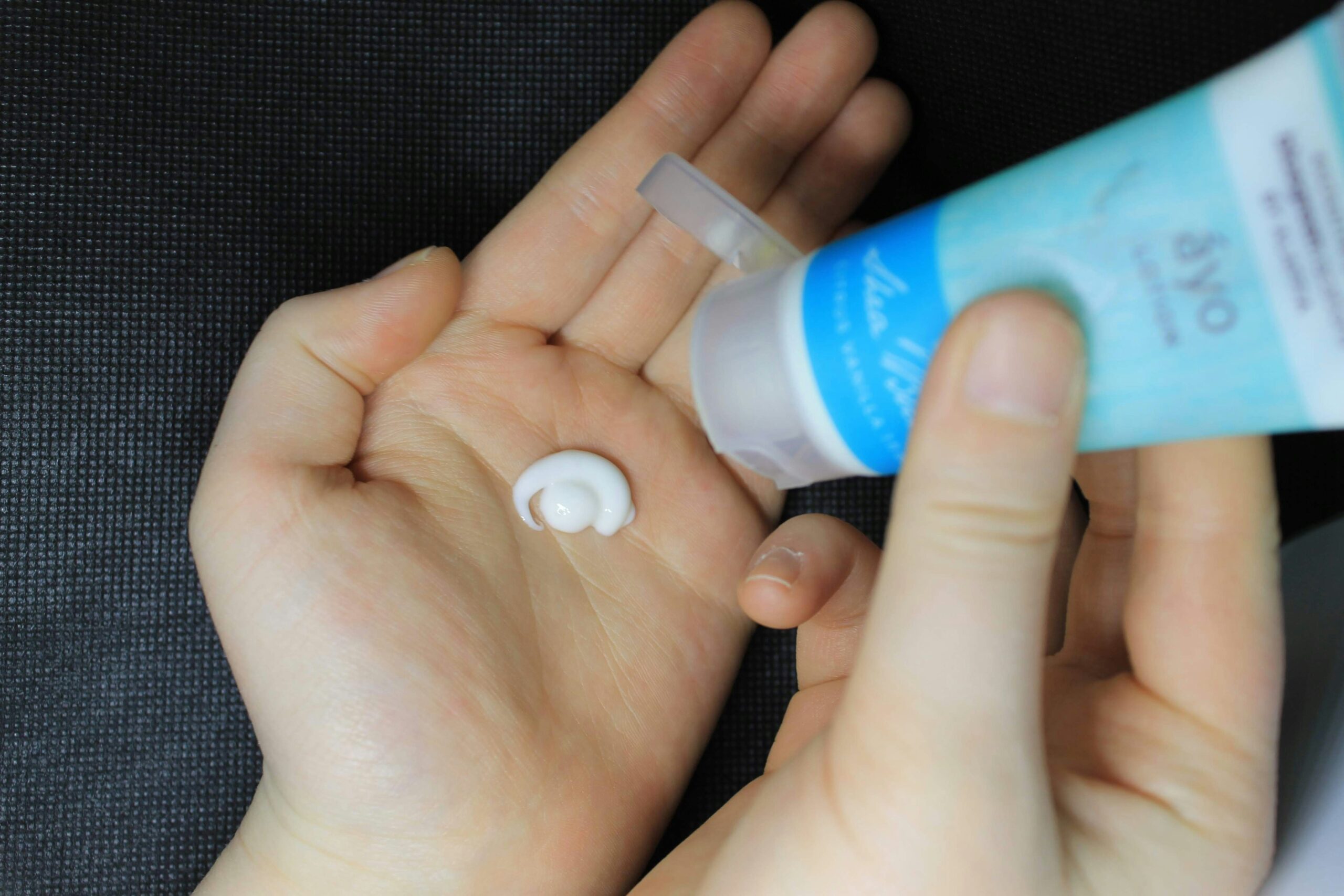Itchy skin, or pruritus, is a bothersome feeling that encourages you to scratch. This itchiness acts more like a sign of something else instead of being its sickness and can come from numerous distinctive reasons.
Tingling can shift from being a small bothersome to extremely alarming, incredibly impacting the quality of someone's life. It could be concentrated in one place or spread all over the body. The skin might feel itchy without any changes you'll be able to see, or some of the time, there are clear signs like redness, small raised spots, or bubbles on the skin.

Itchy skin may be an exceptionally regular thing that numerous individuals worldwide feel. They say that all people will have this itchy feeling at some point. Individuals from different age groups and life circumstances can encounter it, but more seasoned people might experience it more frequently. Inquiring about this demonstrates that tingling may be a common reason for patients to visit dermatologists, as numerous discussions in these clinics concern skin itchiness. Enduring itchiness, going on for more than six weeks, is very broad worldwide and can, as a rule, point to a more profound health problem.
There are numerous reasons why skin can feel irritated. We can gather these reasons into four sorts:
Those related to the skin, whole-body conditions, nerve-related issues, and causes connected to mental well-being. Skin-related issues causing itchiness often involve infections like inflammation, psoriasis, or responses from touching and bothering things. These conditions ordinarily display noticeable skin changes and localized tingling.
Conditions like long-term kidney issues, liver issues including hepatitis![]() and cirrhosis, thyroid imbalances, and a few sorts of cancer can lead to the indication of widespread itching. Iron deficiency and polycythemia vera are too systemic conditions associated with pruritus.
and cirrhosis, thyroid imbalances, and a few sorts of cancer can lead to the indication of widespread itching. Iron deficiency and polycythemia vera are too systemic conditions associated with pruritus.
Neuropathic itching happens when there's harm or inconvenience to nerves. This kind of tingle can show up in illnesses such as numerous sclerosis, diabetes, and after-shingles pain, called postherpetic neuralgia. Itching that comes from mental well-being issues like uneasiness, sadness, and obsessive-compulsive disarranges is known as psychogenic pruritus.
Besides, variables from the environment, like dry skin, being nibbled by bugs, or allergies to nourishment, drugs, or cosmetics, can cause itchiness. If the exact reason for this itching is not found, it's called idiopathic pruritus.

The fundamental sign of pruritus is feeling the need to scratch. Other indications might also show up, depending on what's causing it. Once you itch, the skin can get ruddy, develop little bumps or rankles, and occasionally, rashes show up. If somebody scratches their skin a lot over time, the surface might become thickened or appear as scratch marks. Zones of the skin may also turn darker or lighter than usual.
When it is a problem with the complete system, there may be other signs that interface with the primary affliction. For example, in liver issues, you'll see yellow skin, which is called jaundice. In kidney issues, there might be swelling and feeling exceptionally tired. If somebody has cancer, they may lose weight and sweat a lot at night. Neuropathic pruritus may display with torment, deadness, or shivering in addition to tingling.
Scratching skin, indeed, on the off chance that individuals think it's a little bothersome, might cause numerous issues when it turns into long-term or exceptionally terrible. These inconveniences can profoundly affect someone's well-being, body, and intellect. Understanding these potential issues is significant for effective management and avoidance.
If you scratch a part, it can severely harm your skin. This means making marks that seem contaminated with microbes if the scratches break the skin. If you scratch for a long time, your skin may get thicker and rougher, like leather, because of the constant damage. This changes the skin's appearance and can make it feel more awkward and itchy, leading to more scratching.
Once you scratch, it might harm the skin's assurance and let bacteria cause infections such as impetigo, cellulitis, or folliculitis![]() . These problems can make the skin rosy and swollen, harm a parcel, and cause pus-filled bumps. In genuine circumstances, if skin infections are not treated, they can become widespread inside the body and require more grounded therapeutic care.
. These problems can make the skin rosy and swollen, harm a parcel, and cause pus-filled bumps. In genuine circumstances, if skin infections are not treated, they can become widespread inside the body and require more grounded therapeutic care.
Strongly itchiness, particularly amid nighttime, might meddle with resting habits. This might result in a continuous need for rest, which impacts common well-being and how a person operates daily. Not resting sufficiently can make it difficult to think, diminish how much work you get done, and cause more feelings of annoyance and stretch.
Persistent itching can profoundly affect the intellect. It might cause solid sentiments of inconvenience, disgrace, and distress, particularly when there are discernible changes to the skin. This may lead to sentiments of stress, pity, and pulling away from social contact. The feeling of always having to scratch can disturb regular errands, lowering life quality.
Constant tingling skin can make life much more regrettable. It might disturb someone's center, work execution, and the joy of hobbies. Having to scratch all the time can make it difficult to center and feel at ease, which might influence how you get along with others in your social and work life.
If you scratch your skin repeatedly, it might cause scars that remain for a long time and alter the color of your skin. Sometimes, when you scratch, a part gets darker (we call this hyperpigmentation) or lighter (usually hypopigmentation). This could make someone feel bad about how they see things and may influence how they feel around themselves.
When pruritus is a sign of another problem, like skin inflammation or psoriasis, too much scratching might make the sickness more regrettable. It can cause stronger outbreaks and make treating them harder, conceivably requiring more genuine therapeutic methods.
Sometimes, scratching leads to a skin disease with bacteria, which can move into the blood and cause sepsis, which is very perilous. This is why it's vital to treat infections from skin tingling rapidly.
Frequent itching often causes individuals to visit specialists more frequently, such as skin doctors or allergy specialists. This can raise therapeutic costs and complicate the healthcare involvement of those with it.
Long-term tingling might impact children's development and ability to carry on. It can cause issues with centering, acquiring modern knowledge, and interacting with others. Persistent itching can lead to a stretch for the child and their caregivers, requiring a full management arrangement.
To discover why somebody feels bothersome, doctors must ask numerous questions about their well-being foundation and check their body carefully. They need to know when the tingling began, how long it endures, how awful it is, and if there's a certain way or time when the itch happens. Additionally, they do diverse checks and tests to determine the reason for the itchiness.
A careful physical check can reveal changes in the skin and signs that could indicate a body-wide infection. When looking at the skin closely, one might find certain issues, such as eczema or psoriasis. If a disease is affecting the whole body, you will see things like yellowish skin (jaundice), ashen skin (paleness), or extended lymph hubs (lymphadenopathy).
Specialists regularly utilize blood examinations to discover inside reasons for itching. A full blood count can reveal if there's a need for red cells or as well numerous as in polycythemia vera. Tests for liver and kidney work are utilized to check the health of the liver and kidneys. Tests that degree thyroid work offer assistance in discovering problems with the thyroid organ. Tests for blood glucose levels, press ponders, and vitamin insufficiencies may also be conducted.
When specialists think there might be a skin disease, they sometimes take a small piece of the skin and look at it closely under a microscope. This can help diagnose conditions like eczema, psoriasis, and skin cancers.
Doctors perform tests like fixed or skin prick tests to discover what sensitivities cause itching. These exams help them determine precisely which allergens make the skin feel irritated.
If doctors think an illness inside the body, they might need to perform picture tests such as ultrasounds, X-rays, or CT scans. These examinations are useful for seeing the organs and finding any issues that cause itching.

We look at the root issue to address itchy skin and work to ease inconvenience. How we handle this depends on whether the itchiness comes from skin issues, whole-body conditions, nerve-related causes, or mental health aspects.
For bothersome regions, individuals frequently utilize medicines that go on the skin. These can be lotions, creams, or moisture treatments. A few have menthol, camphor, or pramoxine, which makes the skin feel cool, temporarily reducing the itch. Specialists give creams with corticosteroids for inflamed skin issues like eczema and dermatitis. If it's exceptionally awful, they might utilize medicines called topical calcineurin inhibitors.
Medicines that work the interior of the total body incorporate pills taken by mouth and are often chosen for widespread or strong itchiness. Specialists commonly allow medications called antihistamines, which can make you sleepy or not, to reduce scratchiness and help with resting. Specialists sometimes give patients verbal corticosteroids for solid aggravation, but these drugs are not great for employment part of the time because they can cause problems.
Light treatment, also known as phototherapy, works well for a few itching problems, particularly when they involve skin issues such as psoriasis and inflammation. Once you experience this treatment, your skin is exposed to ultraviolet (UV) light while a specialist observes the method; this can reduce swelling and itchiness.
Biologic treatments are advanced strategies for long-lasting aggravation conditions such as psoriasis and skin inflammation. These medicines aim at certain parts of the safe system to diminish swelling and itchiness. Cases incorporate dupilumab for skin inflammation and various biologics for psoriasis.
To treat the itching that comes from nerve problems, doctors ordinarily suggest drugs like g********n or pregabalin, which are for nerve torment. Medications utilized for misery called specific serotonin reuptake inhibitors and tricyclic antidepressants, can moreover reduce this kind of itch.
To oversee psychogenic pruritus, we utilize both talking treatments and medicine. Cognitive-behavioral therapy![]() is nice for making a difference with the mental problems that cause it. Drugs like SSRIs and anxiety reducers are valuable for controlling the nervousness and pity that come with psychogenic itching.
is nice for making a difference with the mental problems that cause it. Drugs like SSRIs and anxiety reducers are valuable for controlling the nervousness and pity that come with psychogenic itching.

How long irritated skin lasts can be distinctive based on what is causing it. As a rule, skin issues such as eczema![]() and psoriasis have great results when treated accurately, even if these conditions might need care over a long period. When the tingling comes from the interior, like with liver or kidney issues, how terrible it is, and on the off chance that you treat the fundamental infection, it can alter what happens.
and psoriasis have great results when treated accurately, even if these conditions might need care over a long period. When the tingling comes from the interior, like with liver or kidney issues, how terrible it is, and on the off chance that you treat the fundamental infection, it can alter what happens.
Treating neuropathic tingling is hard, and it can continue even with treatment, affecting how great life feels. If somebody has psychogenic tingling, it usually gets way better when they get the right mental offer assistance and medication.
In conclusion, itchy skin is a common symptom with many causes, from dermatological conditions to systemic diseases. Accurate diagnosis through thorough history-taking, physical examination, and appropriate tests is crucial for effective treatment. While the prognosis varies, proper management can significantly improve the quality of life for individuals with pruritus.